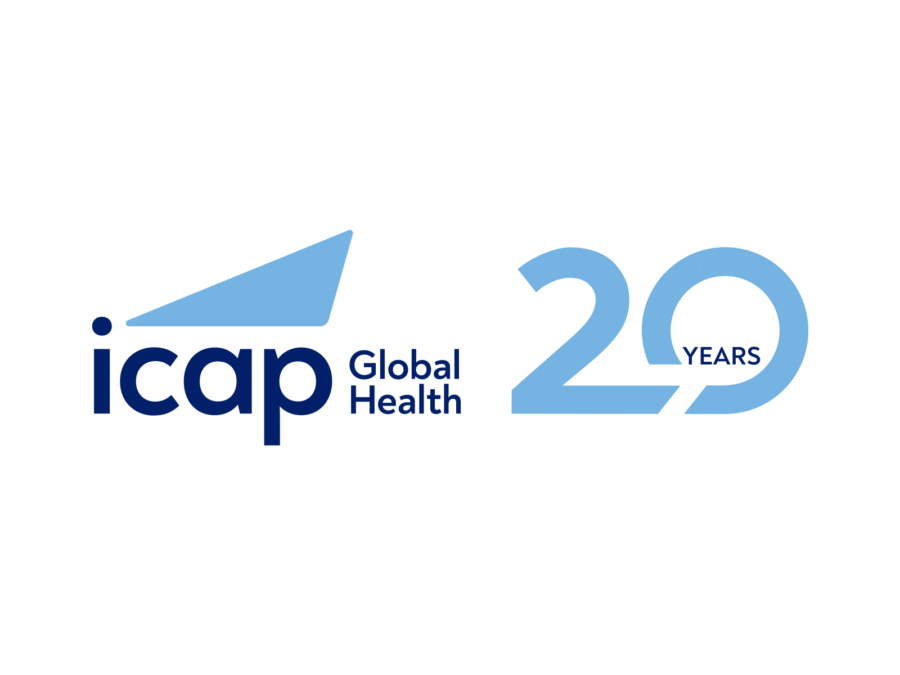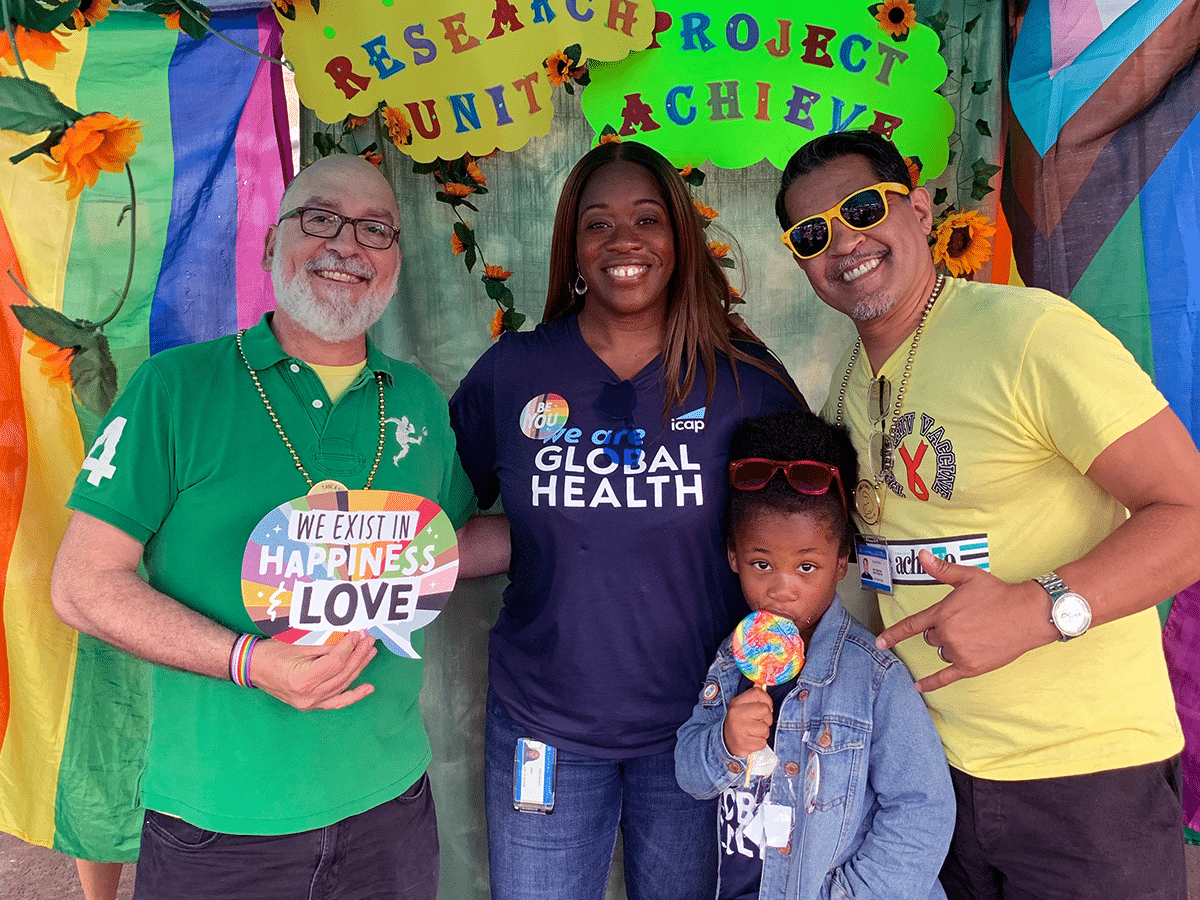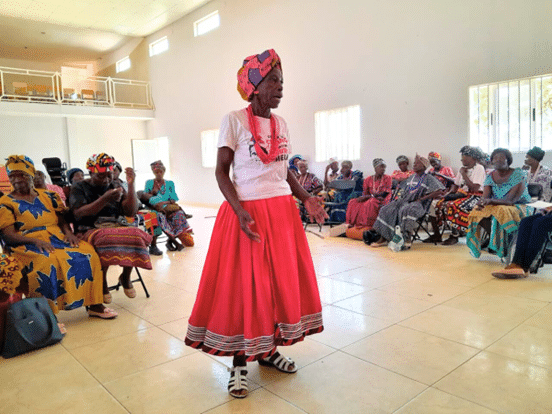In Mozambique, where the HIV prevalence rate is more than 11 percent, women are even more likely to be affected. They often face a number of cultural, social, and economic barriers to HIV prevention, care, and treatment. Gender-based violence is among these barriers. Gender-based violence (GBV), which sometimes includes sexual violence, fosters the spread of HIV by limiting one’s ability to negotiate safe sex, disclose HIV status, and access adequate health services for fear of retaliation.
In 2012, ICAP and Mozambique’s Ministry of Health, with funding from PEPFARthrough the CDC, began implementing the GBV Initiative to expand and improve coordination and effectiveness of GBV support services, support the implementation of national strategies, and improve the availability of quality GBV services by integrating them into existing HIV and other health services.
Staff and providers at local health facilities and hospitals are often the first to encounter victims of physical and sexual violence and are thus in a unique position to provide potentially life-saving care. In Mozambique, however, many health workers are not trained on how to receive, triage, and care for abuse survivors. There were also no standard operating procedures for treating victims at health facilities. As a result, care varied widely and depended largely on the approach taken by individual health care workers.
To address these issues, ICAP began working with the MOH and partner organizations from the GBV Technical Working Group to develop policies and design and roll out a new package of care for victims of gender-based violence including HIV counseling and testing, post-exposure prophylaxis in case of HIV exposure, testing and treatment for sexually-transmitted infections, emergency contraceptives, and ongoing psychosocial support.
Furthermore at provincial level, ICAP trained over 400 clinicians, psychologists, counselors, police, and lawyers, as part of a multi-sectoral approach to sensitize providers and improve the systemic responses to GBV.
“The program has increased the capacity of health care workers throughout Nampula and Zambezia provinces to address this important issue,” said Pietro di Mattei, clinical services unit manager at ICAP in Mozambique. “The new skills enabled them to provide more timely, sensitive, and comprehensive services to patients.”
ICAP also worked with health facilities to put systems in place to prioritize victims of violence and provide comprehensive information, including contacts to authorities, legal support, and social workersSurvivors that test positive for HIV are referred for care and treatment services at the same health facility.
“The program is contributing to quite a lot of change by breaking down the silence that used to surround gender-based violence,” said Humberta Pindula, technical advisor at ICAPin Mozambique. “Previously, we seldom heard people speak openly about GBV, but now that has changed.”
Since the program began, ICAP has expanded GBV services at 31 health facilities in Nampula and 19 health facilities in Zambezia. More than 2,400 individuals have received some form of GBV care.
Building the capacity of the health care system will ensure that victims of gender-based violence have access to holistic health care services. Improving health outcomes for victims of gender-based violence is central to combating the HIV epidemic among vulnerable groups.








